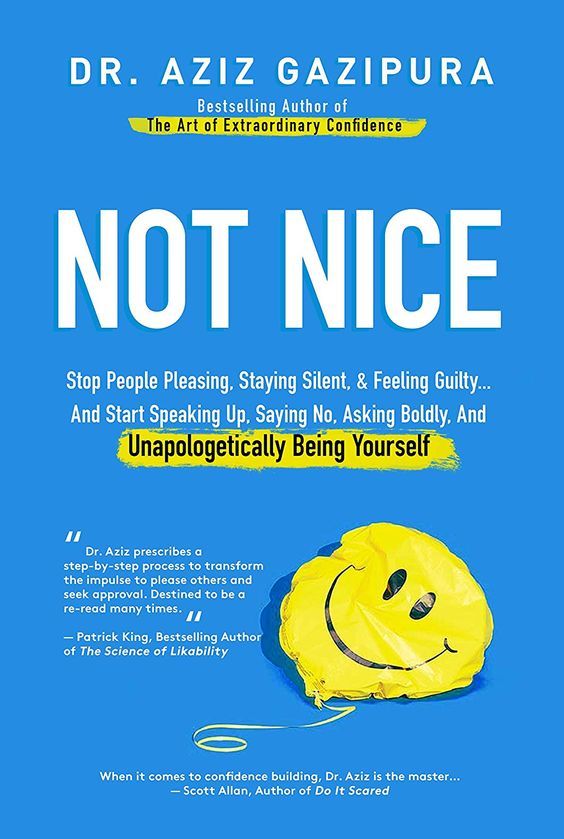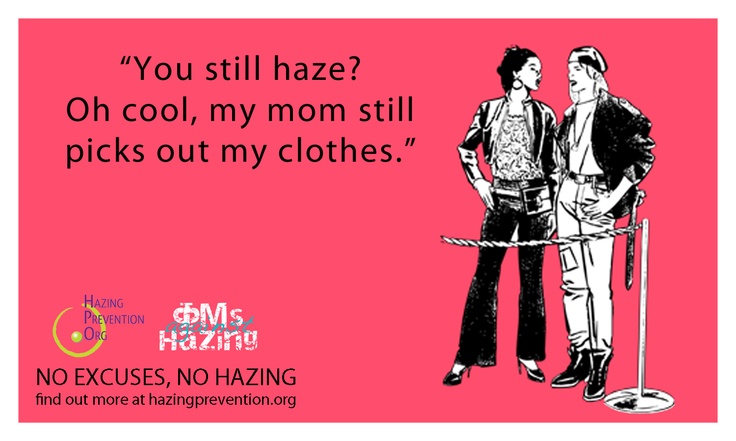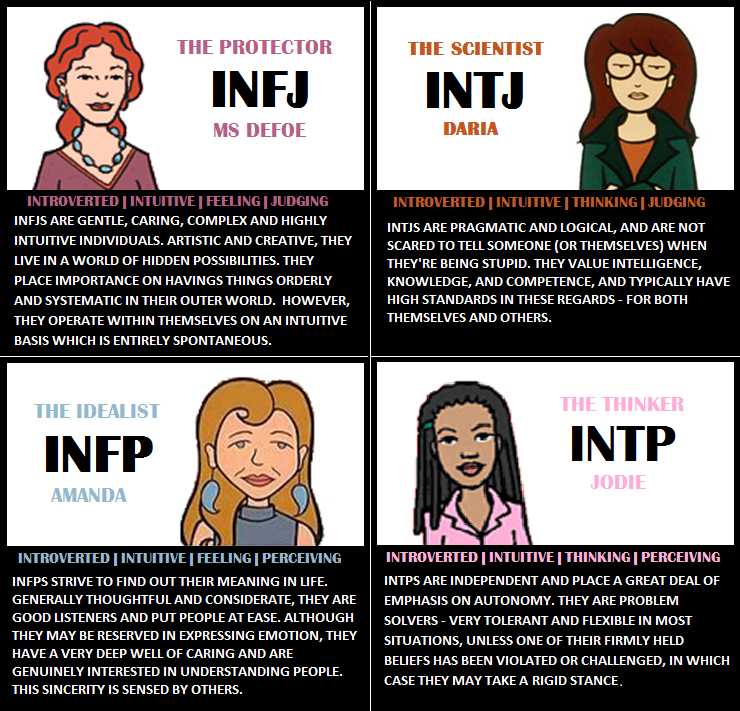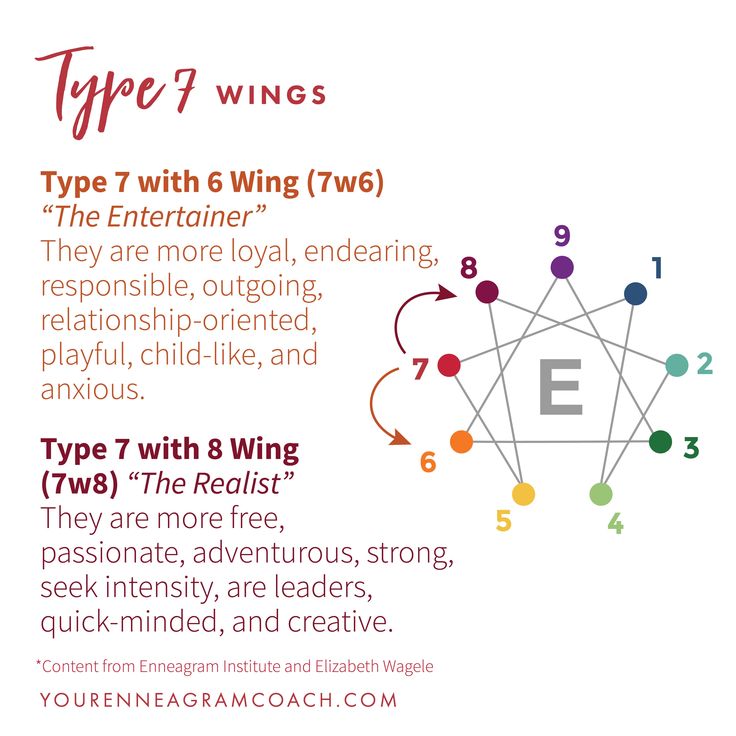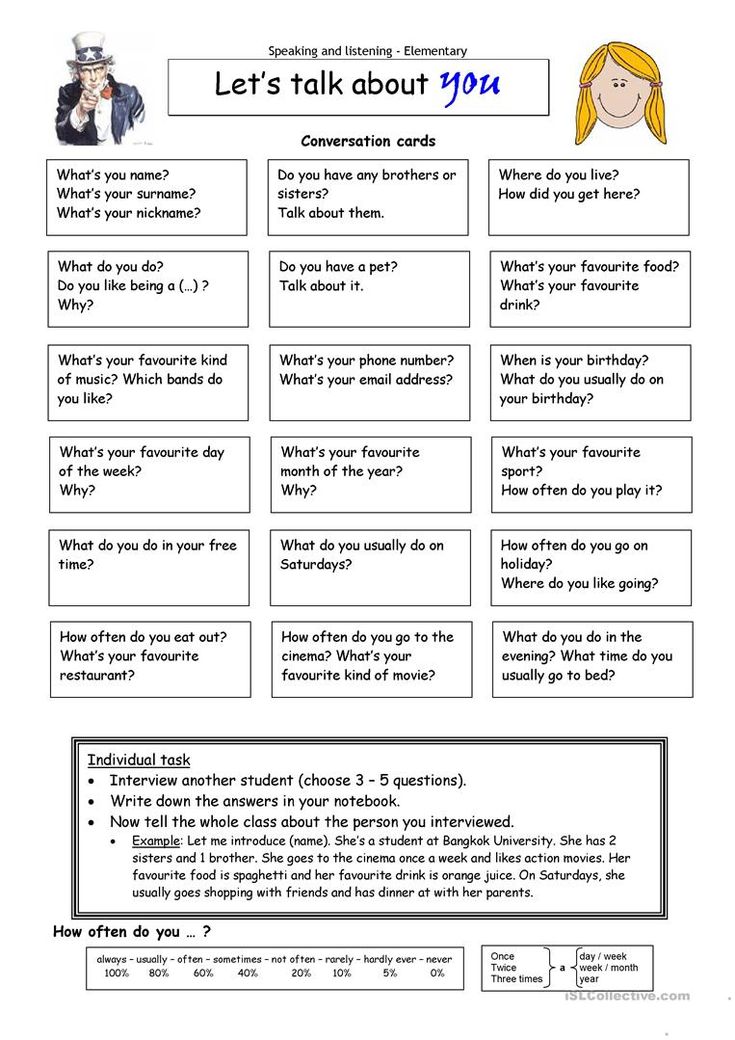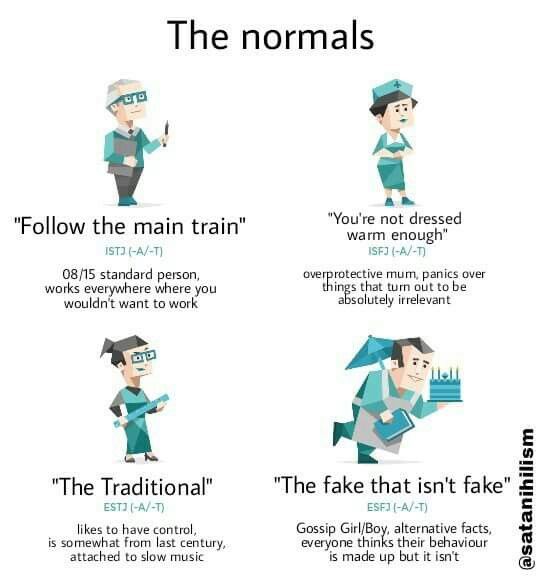Stop people pleasing
How to Stop Being a People-Pleaser (But Still Be You)
There are many other traits associated with people-pleasing behavior. People-pleasers may also:
- be agreeable
- be conflict-averse
- have difficulty saying no
- be stressed or overwhelmed
- be passive aggressive
- be prone to resentment
- be hasty in taking blame
- have trouble being true to their beliefs
Research suggests that saying yes too often at work can lead to overstretched resources, reduced quality of work, and feeling overwhelmed with too many tasks.
It’s not exactly easy to stop people-pleasing behavior. Studies show that it’s hard to disagree with others because it elevates your cognitive dissonance, a distortion between your values and the actions you want to take.
Here are a few tips that may help:
Realize that you have a choice
Though it may feel like an automatic behavior, you actually have a choice. Awareness is often the first step toward change.
Identify your priorities
Once you figure out what your priorities are and what types of people you want to be around, it becomes easier to say no to anything that doesn’t align with your life goals.
Set your boundaries
It may be helpful to think of boundaries as the outward expression of self-love.
Once you know what you’re willing to do, communicate those needs with loving-kindness.
Don’t be surprised if your relationships start to change and some connections fall away. Knowing this ahead of time can make it easier to hold the line.
“It will be scary at first to voice your true feelings because you’re so used to catering to other people and their feelings. However, those that love and support you will applaud your efforts to live an authentic life,” says Keischa Pruden, a licensed therapist in Ahoskie, North Carolina.
“Those who become defensive or angry more than likely are benefitting from your people-pleasing lifestyle and feel threatened by your newfound freedom,” she says.
“It may be time to evaluate and make changes to your support system,” Pruden adds.
Set a time limit
When you answer that call, let the other person know you’re on your way out the door. When you set up a date, let someone know you have to be home by a certain time.
Time blocking is not only helpful for productivity, it also allows you a hard stop when assisting someone. Think of it like avoiding the “give an inch, take a mile” addage.
Consider whether you’re being manipulated
Take notice of anyone in your life who uses excessive flattery to convince you to complete a task. It could be disguised as a compliment when it’s really a way to pass off something they don’t want to do themselves.
Manipulators might tell you:
“I would love to take on that project, but you’re just so much better at this topic area than me. You’ll do a way better job.”
Create a mantra
An empowering mantra posted somewhere you can see it often — on the bathroom mirror, as a background image on your phone — can act as a mini pep talk throughout each day.
Mantras to try out:
- I’m allowed to say no.
- “No” is a complete sentence.
- A “no” to them is a “yes” to me.
- Not my circus, not my monkeys.
- I don’t have to explain myself to anyone.
- I’m the guardian of my time and energy.
Say no with conviction
As a people-pleaser, it may be tempting to say “maybe” or “I don’t know” to an invitation, even though you know you’re not interested.
Instead, cut yourself loose with an effective yet polite way to decline. If the idea of saying no outright seems a bit harsh, give these a try:
Try saying:
- I won’t be able to make it.
- Unfortunately, I’m at capacity.
- I’ll have to pass on that project.
- I’m honored, but someone else can dedicate the time that deserves.
- I have plans that day, but thank you for thinking of me.
Ask for time
“Learn to say no by starting to delay the yes,” says Kinga Mnich, a social psychologist in Lexington, Kentucky. Mnich recommends trying the following responses:
Mnich recommends trying the following responses:
Try saying:
- Let me get back to you on that.
- I don’t have my calendar with me, so let me check when I get home.
- I need to check with my [partner], I’m not sure if we have any plans that weekend.”
Sit with discomfort
For some, people-pleasing is a way to mitigate the intense discomfort of rejection, judgment, abandonment, or feeling less-than-perfect. But if you learn to sit with those feelings, they may have less power over your actions.
Don’t give a litany of excuses
The more details you give, the more people can talk you out of your decisions, especially if they have poor boundaries. Keep your no’s as general and punctual as possible.
A reminder (to yourself):
One idea to avoid rambling, making excuses, or using a tone that indicates your unsure after you decline a request is to think:
“Period, no comma. End of sentence.”
Start small
You may find it helpful to role-play with a friend, family member, or therapist. Have them ask you questions to say no to. Play with different tones, phrases, and body language.
Have them ask you questions to say no to. Play with different tones, phrases, and body language.
Practice successive approximation
Kaizen is a Japanese philosophy that means “continuous improvement.” It doesn’t matter if changes are big or small, as long as you’re moving in the right direction.
Be encouraged. You’re not going to flip your script entirely overnight, but with incremental changes, you can give some leg room to your mental wellness.
Don’t apologize — if it’s not your fault
If you suggest a restaurant and your co-worker’s order comes up wrong, it may be tempting to say “I’m sorry” because you were the one who picked the restaurant, right?
There’s another way.
Try saying:
If it’s truly not your fault, just say: “I’m sorry that happened to you.”
Fold in positive self-talk
Reassure your inner child of how well you’re doing with this unlearning process. Say affirming things to yourself.
Try saying:
- “My voice matters.
 ”
” - “I am loveable for ‘being,’ not doing.”
Celebrate your progress
Overcoming people-pleasing is hard work. Many people wouldn’t be willing to do the work and get uncomfortable — but you’re doing it.
Take time to celebrate your wins.
Keep a confidence file
Start a list in your phone of all the ways you’re learning how to stop being a people-pleaser. Each time you need a boost of confidence, refer to it.
Remind yourself that you can’t be everything to everyoneNo matter what you do, someone is going to disapprove. You can’t win them all over. At the end of the day, there’s one opinion of you that matters more than the others: yours.
Seek professional support
“I highly suggest trauma therapy such as Eye Movement Desensitization and Reprocessing (EMDR),” says Amanda Conroy, a licensed professional counselor in Denver, Colorado.
“EMDR will help someone process trauma memories that have caused the need for people-pleasing and eliminate the fear, anxiety, and guilt that comes with asking for help or saying no to someone. ”
”
You may be wondering, “Is being a people-pleaser bad?”
Wanting to help people or make them feel good isn’t bad.
Doing it constantly, at the expense of your own mental health, is a coping mechanism — and it’s not your fault. People-pleasing is usually a behavior learned in childhood (among other adaptive behaviors) that unconsciously gets brought into adulthood.
Authoritarian householdIf your caregivers had high expectations of you and punished you for making even small mistakes, people-pleasing is a natural response.
Tiger parentingIf you were pressured to perform or pushed to a high level of success, you may have learned that this success equals love.
Childhood traumaIf you had to behave a certain way in order to stay safe (emotionally, physically, or otherwise), people-pleasing may have been an effective coping mechanism.
ModelingIf you saw people-pleasing behavior during childhood, you may have followed suit, even if you were conscious of the negative effects of doing so.
“Upbringing is a powerful antecedent to people-pleasing behavior,” says Pruden. “As children, we’re sponges. We take in all conscious and subconscious messages in our environment, positive or negative.”
People-pleasing behavior may leave you feeling stressed or burned out from taking care of everyone’s needs but your own.
To find out what’s at the root of this behavior, consider working with a professional. You may want to use the APA’s Psychologist Locator to get the ball rolling.
At the end of the day, know that you can’t please everyone. But those who truly love you will be glad that you’re doing something positive for your mental health.
As Dr. Seuss says, “Those who mind don’t matter, and those who matter don’t mind.”
13 Ways to Stop Being a People-Pleaser – Clay Behavioral Health Center
There's nothing inherently wrong with being nice or kind to someone else. In fact, it's a pretty valuable trait. But it can also be something we do to avoid disappointing others or put pressure on ourselves to live up to an ideal image. A lot of people-pleasers consciously choose to act this way because they are afraid of upsetting others. It is a great way to avoid conflict, but in the long run it will leave you feeling drained and unhappy. It's hard to be true to yourself when you're always changing your actions and words based on what you think other people want.
A lot of people-pleasers consciously choose to act this way because they are afraid of upsetting others. It is a great way to avoid conflict, but in the long run it will leave you feeling drained and unhappy. It's hard to be true to yourself when you're always changing your actions and words based on what you think other people want.
It becomes easy to focus the majority of your energy on pleasing other people rather than focusing on providing yourself with happiness. As a result, this kind of behavior inevitably causes low self-esteem, feeling like there are too many expectations on you, and the development of poor coping skills.
Here are 13 tips that will help you stop being a people-pleaser, accept yourself, and become a much happier human being.
Be true to yourself instead of trying to fit in.
The most important thing to remember about your behavior is to stay true to yourself. Avoid doing something just because it'll make you look good in someone else's eyes, and stick to what you know is right for you.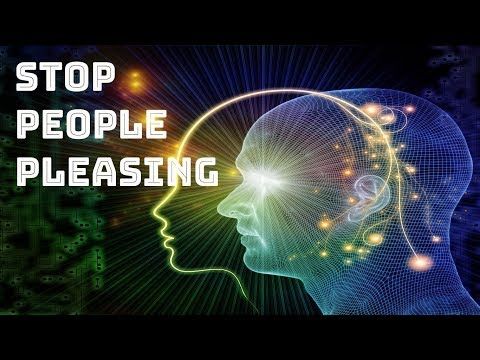 If you've been put on the spot and asked to do something that you don't feel comfortable with, don't be afraid to stand your ground. It shows that you are strong enough to make your own decisions.
If you've been put on the spot and asked to do something that you don't feel comfortable with, don't be afraid to stand your ground. It shows that you are strong enough to make your own decisions.
You can stop being a people-pleaser, but not by changing who you are. Instead, be true to yourself, and people will respect you for it.
Learn to say "NO"
Yes, this is a hard one.
Sometimes people-pleasing can become such a deeply ingrained habit that you have to tell yourself that it is okay to say "no". It's okay to put yourself first and say "no" if someone asks you for something you don't want to do, or if they ask you for something unreasonable or impossible. You also need to stop saying "yes" when you not getting anything out of the task at hand and are just doing it because the other person is asking you for help.
The most important part about this is reminding yourself that saying "no" when you mean it isn't being selfish, it's taking care of yourself.
Set healthy boundaries.
People-pleasers are often unaware of the boundaries they need to set in their lives. But you can start by noticing what you are doing.
This might seem difficult at first, but it is important that you start noticing what is happening and identify things that need to change. Make a list of the things you are doing that make you feel unhappy or used, like getting coffee for a coworker, and rank them in order of importance with the most significant items on top.
This simple strategy can allow you to remain true to yourself without feeling the need to please everyone. Boundaries give you the ability to say "no" when another person asks for help or takes advantage of your time. Remember, you are not selfish--you are just confident enough in who you are that you know it's okay not to agree with someone's requests all the time.
Stop making excuses.
The moment you stop making excuses, you'll have more time and energy to do what you really want to do. You'll feel more in control of your life and less of a victim to other people's demands.
You'll feel more in control of your life and less of a victim to other people's demands.
If you make an excuse every time someone asks you to do something for them -- as in "Sorry, I'm afraid I can't do it, because..." -- then it can lead to a lack of work-life balance and leave little time for personal pursuits. (In other words: You'll get burned out.) It also means that people will start taking advantage of your good nature -- and there's nothing more frustrating than being used and taken advantage of!
Next time someone asks for a favor or asks you to do something that takes up your time or energy, just reject their request without an excuse. If they ask why, tell them that you are in the process of working on your own personal development and would like to focus on that right now, or something similar. It's okay if they don't understand at first, because chances are they will eventually see why it's important for you.
Listen to your inner voice.
Life is a journey, and on that journey you will meet many people who will want things from you. You may find yourself becoming someone else's doormat in order to get them to like you. The problem with this is that it will stop you from being able to be happy and make your own decisions.
You may find yourself becoming someone else's doormat in order to get them to like you. The problem with this is that it will stop you from being able to be happy and make your own decisions.
If you want to stop being a people-pleaser, then start listening to what your inner voice is telling you. This voice may be telling you that certain people are toxic and that they aren't worth it.
You could also use meditation as a way of strengthening your inner voice so that it doesn't get drowned out by the loud voices of those around you. Meditation can help give clarity on what your true desires are and how to achieve them more easily on your own.
Spend some time alone.
Spending time alone is essential for your mental and physical health. Many people are afraid of being alone as they worry that they will become lonely, bored, or anxious.
All these are wrong ideas that come from modern society with its hyper-connected world. When you are alone, there is no one to please but yourself. You don't need to worry about what other people will think about you while you're enjoying solitude.
You don't need to worry about what other people will think about you while you're enjoying solitude.
Spending time alone can help us understand our own thoughts, feelings, and needs better. It can also help us find out what makes us happy or unhappy. Being able to know ourselves better can be very helpful in many ways.
There are many benefits of spending time alone that make it worth trying out, even if just for a little while each week.
Remember that you can't please everyone.
It is a tough pill to swallow, but you have to understand that you can't make everybody happy. The simple truth is that you can't please everyone all the time because people's needs are different from person to person. Acting a certain way to please one person may upset or offend someone else.
Instead, try to act authentically and people who like the true you will appreciate you for who you are.
Learn to be assertive and stand up for yourself.
There are times when people don't know that they're bothering you. They might be your friends or family, and they might have good intentions. But if you've had enough, it's time to take a stand.
They might be your friends or family, and they might have good intentions. But if you've had enough, it's time to take a stand.
You can tell them in any number of ways, whether it's bluntly and up-front, or more subtly, for instance by changing the subject. You can also use body language to get your point across. It takes a little practice, but being assertive is an important life skill for everyone to master.
It's important not to let others dictate how you live your life and how you feel about yourself. Being assertive will help you set boundaries and make sure that those boundaries are respected by others around you.
Ask others for help.
Asking for help is an important step in overcoming people-pleasing. It's not going to be simple, especially if you are used to being the go-to person in your circle of friends and family. But it is healthier for you and for those around you to start asking others for help, rather than trying to do everything yourself.
Start by asking a person close to you, such as your spouse or best friend, for feedback on how often they see you doing too much. They might also be able to give a helpful perspective on how they feel when people say no to them, so you can see that it is not as scary as you thought.
Accept yourself.
Society often tells us that our flaws are undesirable and make us less perfect.
When you give in to people-pleasing, you lose touch with who you are. You start to believe that your value can be measured by what other people think of you. But this is not the case. Accepting your flaws is difficult.
The more time and energy you spend trying to please someone else, the less time and energy you have for yourself or the things that matter most to you. The best way out of this situation is to stop caring about what others think of us and fully accept ourselves as we are.
It's okay to not be perfect. You're a human and you're going to make mistakes, but as long as you learn from them and are honest with yourself about what you can do better, it's okay to keep moving forward.
Part of accepting yourself is acknowledging your strengths and weaknesses and using them to your advantage. When you accept yourself for who you are, everyone else will eventually follow suit.
Be more honest about your feelings.
Being honest is the best policy! In life you will face rejection at some point, and you should be ready for that. However, if you are honest with people, it will open up new doors for you.
When dealing with family and friends, honesty is a virtue. It's always better to say what's on your mind than to harbor feelings of resentment or anger. When communicating about your feelings with someone else, it is important that they know about your true intentions and motivations behind what you say. Being open about your feelings also helps other people understand you better as well.
Don't dwell on your past.
Dwelling on the past will only bring about negative feelings and emotions. You will likely feel regretful or maybe even guilty. This is not something you should allow yourself to do.
This is not something you should allow yourself to do.
The best way to start over is by letting go of the things that are weighing you down and holding you back from being your best self. You may even need to cut ties with toxic people in your life or with those who have been taking advantage of your kindness for too long now.
If you want to stop being a people-pleaser, don't focus on your past regrets. Only think about the actions you can take right now that will make you happy.
Make yourself a priority - it's totally normal
It is important to know how much can be given for free before being taken advantage of or feeling resentment towards the people who take up so much of our time. The time has come to stop being a people-pleaser.
It is about understanding what you want out of life, making that your first priority, and then getting it by not letting other people's needs come first all the time.
People-pleasers are often unhappy and stressed. They never seem to know when to stop being so accommodating. It can be hard to break the cycle of pleasing others, but it's important if you want to be happy and healthy.
They never seem to know when to stop being so accommodating. It can be hard to break the cycle of pleasing others, but it's important if you want to be happy and healthy.
You should make yourself a priority by putting your needs first, even if that means disappointing someone else who has asked something of you that is difficult or feels like more than you can handle.
Make Yourself Happy!
Being a people-pleaser is not a healthy way of living and it can lead to feelings of exhaustion, stress, and even depression.
It's important to control your life and know that you are important too. People-pleasing can start to feel like a habit and difficult to break out of. But with time, patience, and perseverance, anything is possible.
So when you're feeling anxious or exhausted because of the people you've been trying your best for, remember that you deserve happiness too. You're not just fulfilling other people's needs. You have your own needs as well; don't forget about them!
Why you should not strive to please everyone
November 12, 2014 A life
Why shouldn't you try to please everyone? Why will the desire to please others never make us happy? You will find answers to these questions in our article.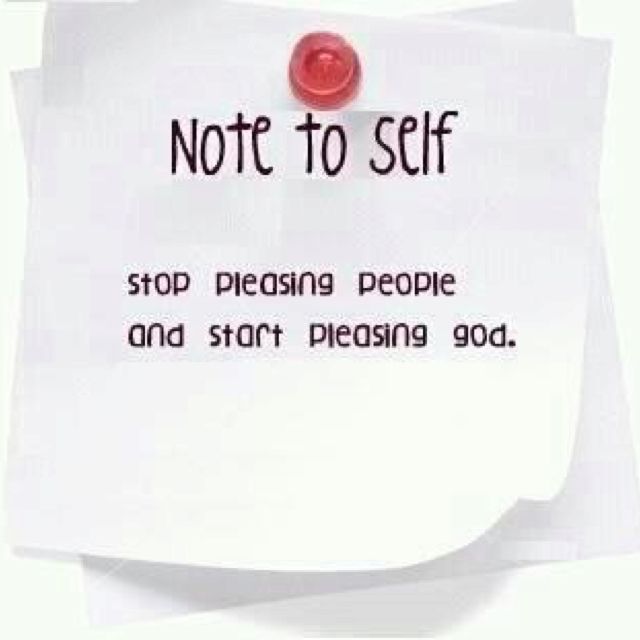
I don't know the key to success, but the key to failure is trying to please everyone.
Bill Cosby
Many of us strive to please everyone. Today we will talk about why nothing good will come of it. nine0003
It's impossible
It's impossible to please absolutely everyone. You can, of course, try, but your attempt will fail miserably.
Remember the good old expression "How many people, so many opinions"? Even if someone considers you the most wonderful person in the world, there will always be someone who will think completely differently.
So it is impossible and absolutely unnecessary to strive to please everyone. Otherwise, you can become like Molchalin from Woe from Wit, whose famous line many of us remember from school:0003
My father bequeathed to me: firstly, to please all people without exception - the owner, where I happen to live, the boss, with whom I will serve, his servant who cleans dresses, the porter, the janitor, to avoid evil, the janitor's dog, so that was affectionate.

The opinions of others are just opinions, not the ultimate truth.
If you strive to please everyone, then you begin to take to heart everything that other people say about you. Even the smallest remark that another person made to you can spoil your mood for the whole day. nine0003
Remember that you don't always have to take what other people say seriously. As someone once said: “A compliment can be said out of pity, and disgusting out of envy.”
In any case, all opinions are subjective. Adjusting to those around you, you will live not your own, but someone else's life.
Not all opinions matter to you
Why do you think all these people are so important to you? What difference does it make to you what, by and large, people who are completely strangers to you think about you? nine0003
Many of those around you, whose opinions you so exalt, will never lend a helping hand when you are in trouble. Why, some of them won't pick up the phone when you just need to talk to someone. So is it worth considering their opinions so important?
So is it worth considering their opinions so important?
Listen to the opinions and comments of close people - those who really care about you. But the advice of all other comrades, who are nobody for you, as well as you for them, push into the background. nine0003
It won't make you happy
Many people place too much importance on the opinions of others. Relax, because even if most of your acquaintances idolize you, it still won't make you happy.
Happiness lies in inner self-confidence and in one's own strength, and not in the opinions of others.
People just love to criticize and condemn others
This is one of the most beloved human activities. No matter how good and wonderful you think you are, there will still be people who will criticize you for your appearance, your behavior or your views. It is impossible to be perfect in everything, and those around you cling to any of your shortcomings, blunders or mistakes with pleasure. nine0003
And no, people won't necessarily do it out of hatred or dislike for you, it's just that many people really enjoy criticizing others.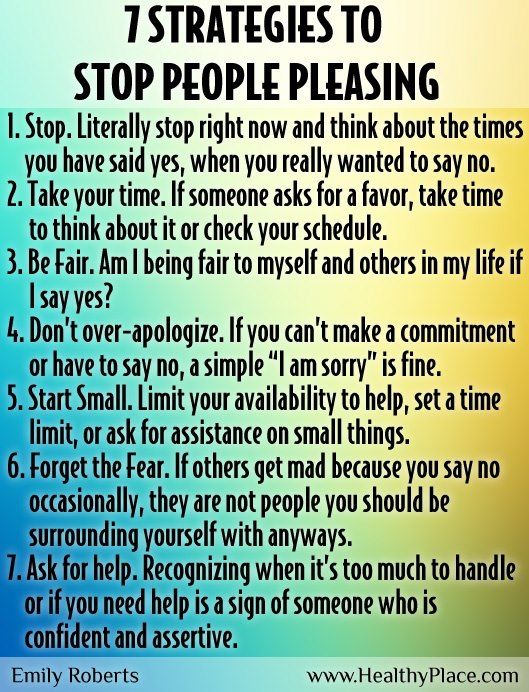
Nobody knows you better than yourself. So do not worry about the subjective assessments of others.
You have more important things to do
You have a job, hobbies, loved ones and a bunch of your own things to do. So why waste time thinking about how to be good for everyone? More important and interesting things are waiting for you. nine0003
You can lose yourself
Listening to the opinions of others, trying to please everyone and not disappoint anyone, you can lose your "I".
People will always try to force something of their own on you. A dad who wants you to be a doctor like himself. The mom who urges you to go to law school because she thinks being a lawyer is a lucrative and promising profession. Friends who are going to become great actors and invite you to the theater school for the company. nine0003
First of all, you can't go crazy and please everyone. In any case, someone will have to refuse. And secondly, always ask yourself: “What do I want?”.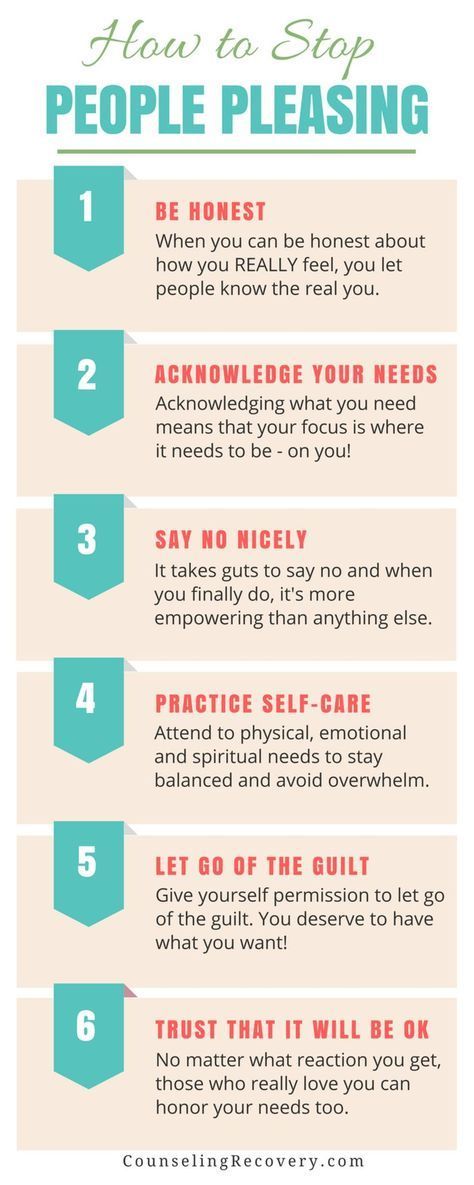 Do as you see fit, even if you make a mistake, you make YOUR mistake.
Do as you see fit, even if you make a mistake, you make YOUR mistake.
You don't owe anything to anyone.
You didn't come into this world to live up to my expectations. Just like I didn't come here to justify yours.
Frederick Perls
You don't have to strive to please everyone, and you don't have to worry that someone out there doesn't like you. nine0003
Live your life.
What do you think about this?
how to get rid of the desire to please everyone
Of the more than seven billion people living on the planet, we will definitely not be very pleasant to someone - psychologist Roger Covin recommends remembering this every time we wait for approval from colleagues or get upset if someone looked at us the wrong way. The Cut website has collected expert advice that will help you not get hung up on the assessment of others. Theories and Practices retells five basic ways. nine0085
Imagine yourself as a blot
Ottawa clinical psychologist Roger Covin compares how others perceive us to the Rorschach test (in which a person is shown ink blots and asked to tell what they look like). “What a person sees tells us more not about blots, but about himself. The same picture in relations with people, he explains. “The same qualities will attract some people and repel others.” For example, what someone considers confidence may seem arrogant to someone else. In addition, we tend to like people who are similar to us more. During the study 2009years, scientists found that even if a person does not have the simplest character, this rule still works: for example, nervous and irritable participants more often liked the same ones.
“What a person sees tells us more not about blots, but about himself. The same picture in relations with people, he explains. “The same qualities will attract some people and repel others.” For example, what someone considers confidence may seem arrogant to someone else. In addition, we tend to like people who are similar to us more. During the study 2009years, scientists found that even if a person does not have the simplest character, this rule still works: for example, nervous and irritable participants more often liked the same ones.
Remember that it is impossible to take into account all the factors
Kovin reminds us that, in addition to character, there are many more factors that affect relationships. Someone may have a hard day at work or a difficult situation at home; perhaps a person just has so many things to do that he cannot distract himself from them. We are not in a position to control all these factors - and, most likely, we are not even aware of them. And although they affect how people react to us, they have nothing to do with us. It's good to remind yourself of your relative unimportance from time to time. nine0003
And although they affect how people react to us, they have nothing to do with us. It's good to remind yourself of your relative unimportance from time to time. nine0003
© Giphy
Manage perceptual distortions
Another reason for constantly seeking approval can be cognitive distortions, that is, systematic problems in perception. For example, one of these problems is “mind reading”, when it seems to a person that everyone around him thinks badly of him. You can also talk about distortions such as "personalization" (when we think we are the cause of other people's behavior, when in reality we are not) or "catastrophizing" (when the worst-case scenario always seems to us the most likely). More often than not, people do not realize that they are wrong, and this creates anxiety. Self-analysis will help to overcome it. You need to ask yourself the questions “What are my ideas about myself and those around me? What do I take for granted when I shouldn't? How objective are my judgments? Psychologists also advise to follow the course of your thoughts before, during and after a conversation and evaluate factors that can distort perception. nine0003
nine0003
Don't forget the difference between negative and neutral
It's hard for people to put up with uncertainty: if a person is neither friendly nor hostile, then it's hard for us to understand him. Accordingly, we quite often perceive completely neutral actions as negative. This is especially true for people with high "rejection sensitivity" (they constantly anxiously expect others to reject them). “If there are no obvious signs, then it turns out that you are completely relying on your ideas about the world,” explains Ozlem Ayduk, professor of psychology at the University of California at Berkeley. “And if in my version of the universe people are predisposed to reject me, then I can look at a person who is busy with his own business and think that he is staring at the phone because he does not want to look me in the eyes.” nine0003
Rejection sensitivity differs from the need for approval in that it usually refers to people with whom we already associate and interact, rather than to strangers. But these two phenomena are closely related. Again, introspection will help here: to admit that our worldview is distorted is the first step towards correction.
But these two phenomena are closely related. Again, introspection will help here: to admit that our worldview is distorted is the first step towards correction.
Consider Probability
Kovin usually invites his clients to consider their situation with the Earth: “Imagine that in a week you could communicate with the entire population of the planet — 7 billion earthlings. How many of them would say that you are a pretty nice person?” If a person names a very high or very low percentage, then it is necessary to work on the realism of his expectations. For the rest, this exercise is a good reminder that it is impossible to avoid meeting people who will not like us. For example, Kovin himself believes that 70% of earthlings would sympathize with him. “It means that 30% won’t like me, and 30% of 7 billion is 2.1 billion. That's a lot, he thinks. - If I go to a car cafe or go to a restaurant, then I interact with people who may not be delighted with me. They are everywhere. You have to learn to accept it.